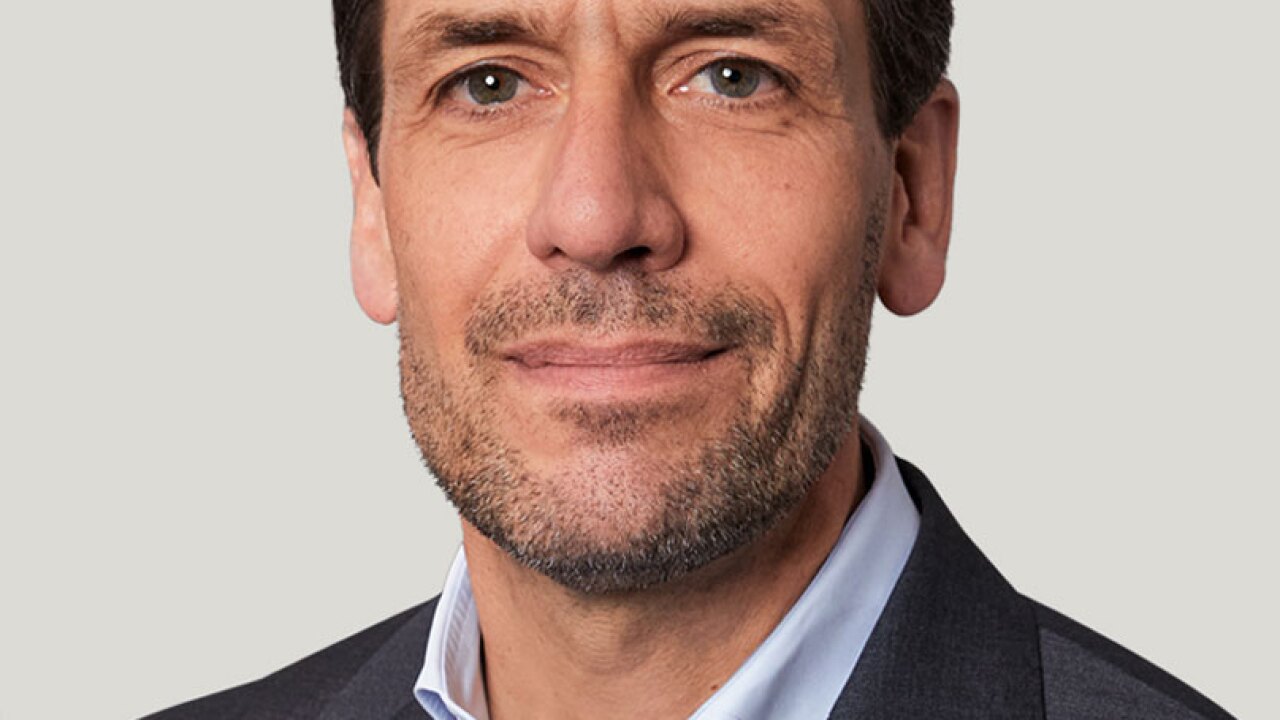When a New Jersey state senator proposed nearly two weeks ago to raise $6 billion by selling half of the state's two major highways to shareholders, it wasn't just another New Jersey Turnpike joke. Instead, it was a sign that there is growing incentive among several sectors for innovative toll road financing. That, according to some ABS market professionals, includes toll road securitization in the U.S.
A couple of major recent toll road privatizations has got the U.S. ABS market giving more serious thought to the scheme. Chicago broke ground with the first privatization of a U.S. toll road when it leased the Chicago Skyway to the Skyway Concession Co. for $1.8 billion. Indiana soon followed by leasing the Indiana Toll Road to Statewide Mobility Partners for $4.7 billion.
Although neither deal is an asset-backed securitization, it underscored what some ABS market professionals have been thinking for years: All the key elements to support bonds secured by toll revenues in the U.S. already exist.
"It would be a natural byproduct of a maturing market. We should not be surprised if it comes up," said Cherian George, managing director in Fitch Ratings' transportation group. "As the market matures and there are more loans out there, the potential is there."
Toll road revenues are highly dependable, and operators usually set aside a moderate percentage of the proceeds for ongoing maintenance, said George Ashur, head of ABS credit in the Boston office of Brussels-based Fortis Investments.
State and local governments facing huge budget deficits and looking to squeeze every dollar out of their resources might find ABS to be a more efficient source of funding than the municipal bond market, explained Ashur. A Standard & Poor's study estimated that the U.S. would need to spend about $92 billion a year through 2020 just to maintain current conditions on highways and bridges. It would have to spend about $126 billion a year to improve the roads.
"It is likely in this interest rate environment that there are questions about certain corporate credits," Ashur said. "Anything that has an ounce of securities has enhanced obligor status. All of a sudden it looks quite good."
Investors might gravitate to the bonds because they offer another diversification play for their portfolios. "It is a brand new, untapped source of collateral," he said. "It is a dependable annuity stream, provided the structure allows for routine maintenance."
The toll road privatizations in Chicago and Indiana offer compelling arguments that can be applied to the ABS market. Revenue growth is predictable. Major toll roads are often the only convenient major highways around, and are relatively inexpensive to operate. Merrill Lynch municipal bond analyst Philip Villaluz estimated that well-run roads yield margins of around 70%.
Highways, in general, in the U.S. are also facing a huge backlog of deferred maintenance, which could cost a significant amount of money when those projects get underway, providing even more incentive for the market to consider the structures, said George.
Many highway projects are funded with gasoline taxes, but those revenues often fall short of what is needed to properly maintain existing roads, "let alone build new ones," Villaluz wrote. By some estimates, toll road authorities in the U.S. issue between $2 billion and $4 billion of bonds every year.
Several securitization markets overseas, such as Japan and Mexico, have been doing toll road securitizations for years now.
In the Chicago and Indiana deals, investors set up concession companies that leased the roads for 99 and 75 years, respectively, and financed the long-term leases through equity and debt. To determine the roads' values, investors first generated a "present value" estimate. This represents the cash that the road is expected to generate over the life of the concession, and is expressed in today's dollars, in a process called discounting. Merrill Lynch says that the forecasted cash flows are discounted by adding a risk premium to a risk-free interest rate, usually pegged off of the 10-year Treasury. Roads that are still building up traffic flow are considered to be in the ramp-up phase, and bidders generally look for an 8% to 13% rate of return.
Despite the toll road valuations that were applied to the Chicago Skyway and Indiana Toll Road deals, ABS professionals are not convinced that there is an equivalent easy way to assess a highway's value for that market.
"There is no clear, easy way to do this. The history with forecasting traffic has been very spotty," said Fitch's George, adding that the Chicago Skyway defaulted on its first public debt issuance, back in the 1950s. "There is some uncertainty as to what the true value is. Should you be giving [the asset] away to the highest bidder?"
If toll road securitization does happen in the U.S., they would have to use complicated structures that compensate for the underlying risks. Highway finance in the U.S. is generally subject to volatility in gasoline prices, which could cut into driving and toll revenues. The roads are also subject to local politics and economics.
"These would at best be quasi securitizations," George said. "If you take a single asset, you would not able to diversify and spread the risk across a large number of loans."
(c) 2006 Asset Securitization Report and SourceMedia, Inc. All Rights Reserved.
http://www.asreport.com http://www.sourcemedia.com




